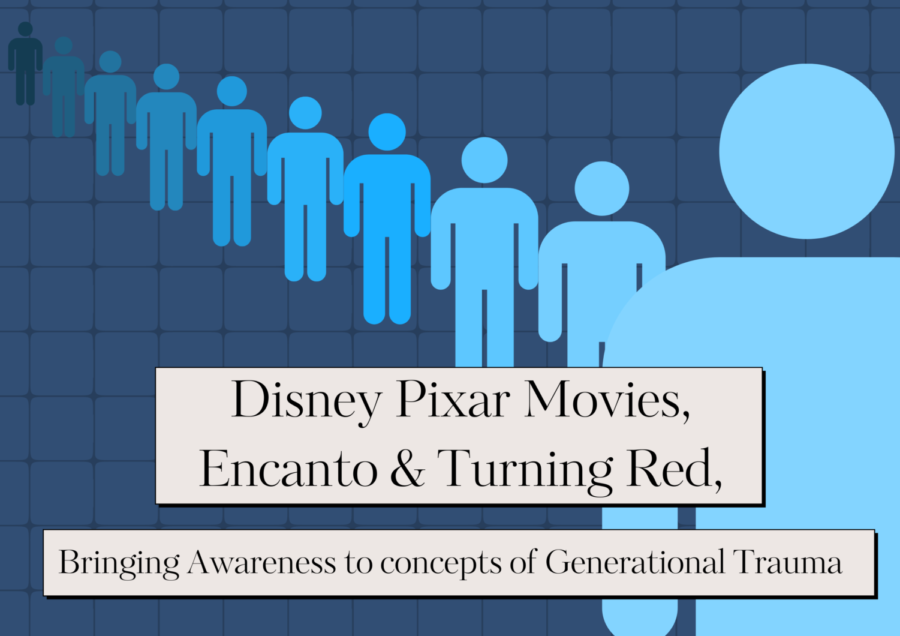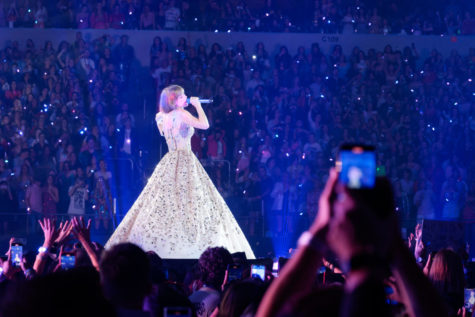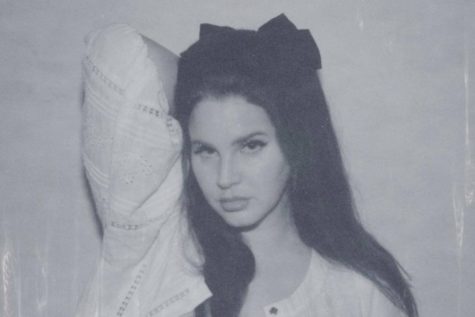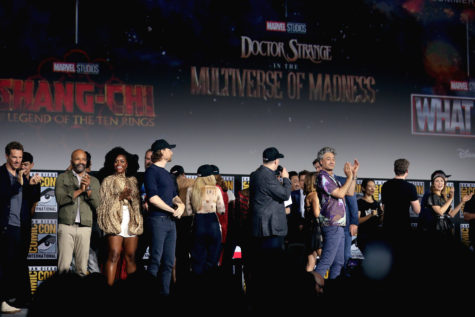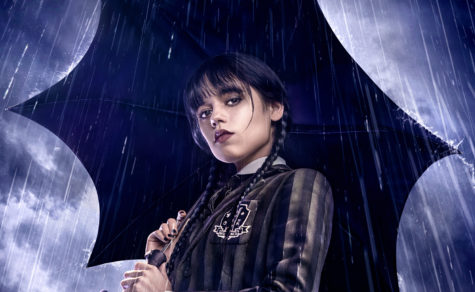The uncovering of generational trauma through Disney Pixar films
Generational trauma is a repetitive topic for current Disney Pixar movies, allowing for society to recognize it more prominently.
The term, generational trauma may be unfamiliar to some as the idea isn’t touched upon openly in society. However, the concept is recognizable by a plethora of people, specifically kids of schooling age.
“In my opinion, generational trauma is trauma or bad experiences passed down onto future groups,” senior Alexandra Stirling explained. “For example the behaviors of a parent being passed down onto their children who continue to pass it down until it is acknowledged as a toxic or unhealthy behavior.”
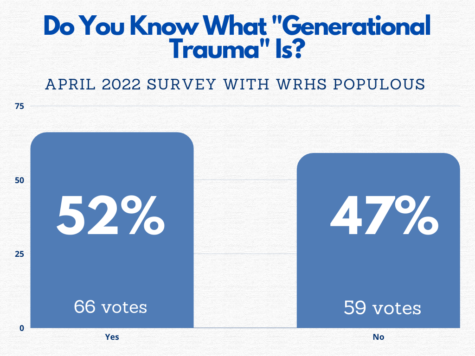
A portion of students can agree to that general concept when defining generational trauma, as Wiregrass junior, Elijah Conley, hints with his definition of generational trauma.
“Generational trauma is harmful traditions and ideals passed down from parent to child,” Conley explained.
The official definition of generational trauma is trauma, personally faced by one individual in a family, that is “passed down” to the subsequent generations as a whole. However, the personal definition can vary from person to person.
“When one experiences misattunement, neglect, or mistreatment as a child, they tend to live with the trauma and end up passing it on to the next generation,” Clinical psychologist, Joseph Marquez, states on the workings of trauma.
Examples of this could be a grandfather that was a refugee, passing on his fear to his daughter, who passes it on to her daughter, and so on. Despite its life-altering effects, concepts of generational trauma aren’t talked about because their effects aren’t easily noticed.
“[Generational Trauma] can be silent, covert, and undefined, surfacing through nuances and inadvertently taught or implied throughout someone’s life from an early age onward”, as stated by licensed clinical psychologist and parenting evaluator, Melanie English, PhD, during a Health interview.
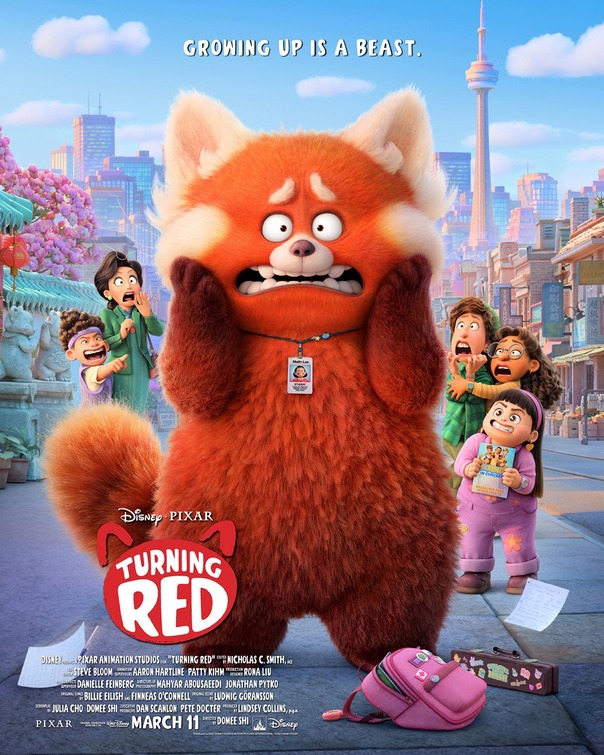
However, in recent years, concepts of generational trauma are being brought into the limelight, through the form of animated storytelling in Disney and Pixar films. Movies like the award-winning film, “Encanto“, and the recent release, “Turning Red“, tell two stories of generational trauma in its different forms.
These films reveal the effects of generational trauma on a family, specifically families in marginalized communities. In “Turning Red”, protagonist Meilin “Mei” Lee, centers her life around her mothers’ expectations of her to be perfect, as Mei’s mother, Ming Lee, had been expected by her own mother. When a red panda curse afflicts Mei, as it did her mother, Mei begins to break from the control her mother has on her life, metaphorically breaking through the effects of the generational trauma. Mei forces Ming to look at her own panda, her parental relations, and the impossible expectations she had set for her daughter, ultimately forcing the family to realize the effects that trauma has had on their relationships.
This same concept is explored in “Encanto” as well. The films’ protagonist, Mirabel Madrigal, experiences unrealistic expectations from her family matriarch, Abuela. Abuela harbored trauma from the passing of the family Patriarch, which resulted in magical gifts bestowed on their descendants. That trauma expressed itself in pressure for perfection, which she later put onto her children and grandchildren. Inadvertently forcing them to conform to an idea of perfectionism with their magically given gifts. When Mirabel notices “cracks” in the house, metaphorically cracks in the family, her attempts to solve them bring awareness to the trauma. By doing this, she effectively breaks the cycle of generational trauma and allows her family to heal.
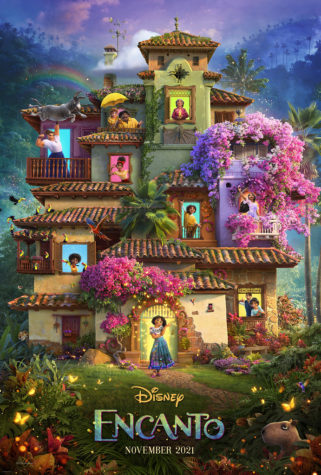
“The pressure that comes from living up to impossible expectations, and the conclusion that characters are worth more than their gifts are what makes Encanto a captivating story and a very resonant and healing piece of art,” Britt Cannon, in an analysis article on Encanto and its exploration of Generational Trauma explained.
Many students could resonate with the message in Encanto, having felt impossible expectations put on them by their elders, which is a result of generational trauma.
“I’ve always been expected to become a professional woman, preferably in the medical field because both my father and grandmother were in medicine,” Stirling said.
Some of the expectations are personal, like in Stirling’s case, where she is expected to work in a field that her father and foremother worked before, but some are society based. Generational trauma isn’t only centered within the family and can extend to society as well, typically within minorities, whose general demographic is inherently living through trauma from previous ages in history, and are constantly expecting their own to strive past the position many of them were subjected to in history.
With Disney Pixar’s current run track of making movies that tell important societal lessons on generational trauma through animation and musical numbers, society seems to be grasping the concept more openly.
“I think Disney is doing a great job, they are showing trauma in a natural way,” Conley said. “Instead of going hardcore and direct, which turns people off because we as humans like to ignore our flaws, they do it more subtly.”
Through film, specifically Disney Pixar films, generational trauma is becoming a familiar and tangible idea within society. With its newfound limelight, theres a new hope that society will take strides towards dealing with generational trauma, discovering its own “cracks” and beginning to find ways to heal them.
Your donation will support the student journalists of Wiregrass Ranch High School. Your contribution will allow us to purchase equipment and cover our annual website hosting costs.
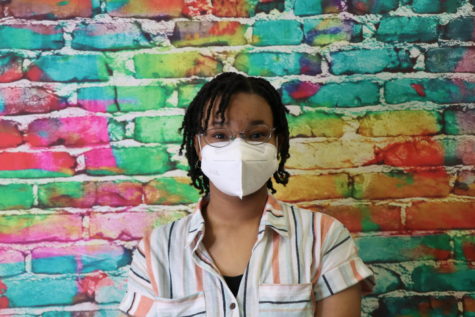
Gabrielle is a senior at Wiregrass Ranch and this is her first year writing for The Stampede. She is an avid member of the Theatre club. On top of theatre,...

